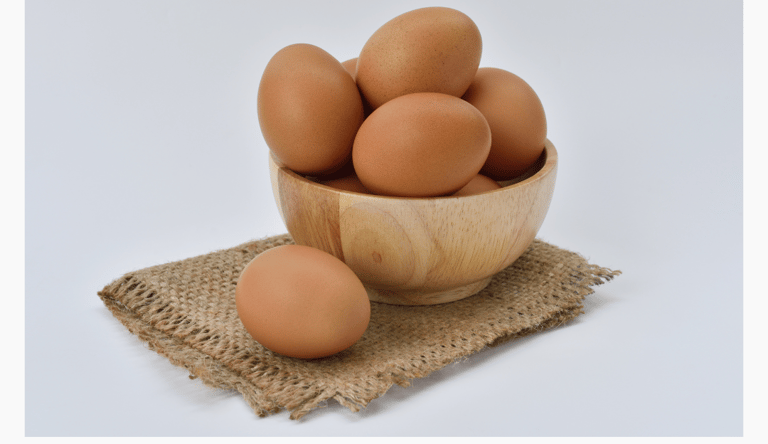Preserving Eggs: A Guide to Extending Freshness Safely and Effectively
How to preserve eggs making them last longer. Canning eggs.
EGG PRICES
Pamela Carlton Bloem
3/8/20252 min read


In a world where self-sufficiency and reducing waste are increasingly valued, preserving eggs is a timeless skill. Whether you’re a homesteader with a flock of chickens, a bulk shopper, or simply seeking to extend the life of your groceries, learning to preserve eggs can save money and resources. While traditional canning isn’t recommended for eggs, several safe and effective methods exist. Let’s explore how to keep eggs fresh for months—or even a year—using proven techniques.
Why Preserve Eggs?
Eggs are a nutrient-dense staple, but their freshness window is limited. Preservation allows you to:
- Manage surplus from backyard flocks.
- Take advantage of seasonal sales.
- Prep for emergencies without relying on refrigeration.
Methods of Preserving Eggs
1. Water Glassing: An Age-Old Technique
How It Works: Submerging eggs in a limewater or sodium silicate solution seals their pores, preventing bacterial entry.
Steps:
- Use fresh, unwashed eggs (the natural “bloom” protects them).
- Mix 1 oz food-grade hydrated lime with 1 quart water, or follow sodium silicate product instructions.
- Place eggs in a clean container, pour the solution over them, and store in a cool, dark place.
Shelf Life: Up to 12–18 months.
Tip: Check periodically for spoilage (floaters or odd smells).
2. Pickling Eggs: Tangy and Flavorful
How It Works: Vinegar’s acidity preserves hard-boiled eggs, infused with spices for zest.
Steps:
- Boil and peel eggs.
- Simmer a brine of vinegar, water, salt, and spices (e.g., garlic, peppercorns, beetroot for color).
- Pour hot brine over eggs in sterilized jars; refrigerate after cooling.
Shelf Life: 3–4 months refrigerated.
Safety Note: Avoid room-temperature storage to prevent botulism.
3. Freezing: Convenient for Cooking
How It Works: Freezing raw eggs for later use in baking or cooking.
Steps:
- Crack eggs into a bowl, beat gently (whites and yolks mixed).
- Pour into ice cube trays or containers; label with dates.
- Add a pinch of salt (for savory dishes) or sugar (for baking) if desired.
Shelf Life: Up to 12 months.
Tip: Freeze whites and yolks separately for recipes requiring specific parts.
What About Canning Eggs?
The USDA and National Center for Home Food Preservation do not endorse home canning for eggs due to risks of Clostridium botulinum growth, even with pressure canning. While some homesteaders share personal methods, these lack scientific validation. For safety, stick to water glassing, pickling, or freezing.
Safety Tips
- Start Fresh: Use clean, uncracked eggs.
- Follow Guidelines: Refer to trusted resources like university extension services.
- Store Properly: Keep preserved eggs in cool, dark environments or refrigerate as needed.
- When in Doubt, Toss: Discard eggs with off smells, colors, or textures.
Preserving eggs is a rewarding way to reduce waste and ensure a protein-rich supply year-round. By embracing water glassing, pickling, or freezing, you can enjoy eggs long after their laying date—safely and sustainably. Remember, food safety is paramount: stick to tested methods and share your preserved bounty with confidence. Happy preserving!
Disclaimer: This guide is for educational purposes. Always verify practices with reputable food safety sources.
Eggs in a basket.
No Eggs Today
Discover delicious no-egg recipes and substitutes.
Murray Kentucky
newproducts102@gmail.com
© 2025. All rights reserved.


